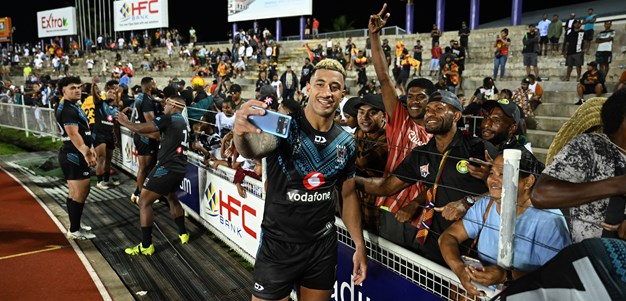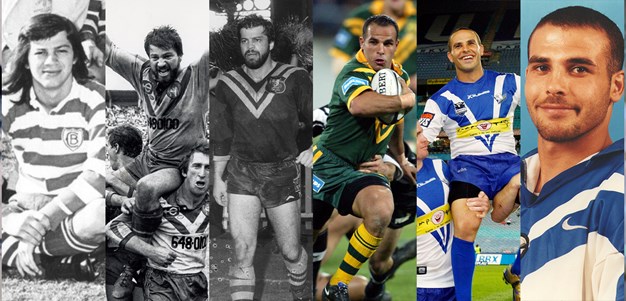The National Rugby League has reiterated its view that Rugby League will generate record revenues from its television rights agreement scheduled for 2013.
Recent media speculation that the game would somehow accept less money in 2013 than is currently being generated is completely inaccurate and stems from a misrepresentation of statements made by National Rugby League Chief Executive Mr David Gallop.
The NRL already has undertaken significant research involving clubs and expert consultants in examining the best ways of increasing television revenues after the expiry of existing contracts in 2012.
The strength of the current Telstra Premiership competition and the work undertaken already by the NRL will ensure that the game is in a strong bargaining position.
At this Wednesday’s NRL Members’ forum, Mr Gallop made it clear that the game believed there was significant revenue to be generated from its next rights negotiations.
He made two other points that have been misconstrued in the days since.
One was that game recognised the importance of full season scheduling to clubs and to members. Mr Gallop said that he would like to see full season scheduling but that it would have an impact on the ability of free to air broadcasters to choose their preferred matches and that it may therefore have some effect on the extent of any potential rights increase. At no stage did he suggest that it would lead to a lower rights fee than the existing rights fee, or even the same rights fee.
The second statement was that more teams did not necessarily guarantee more television revenue. He added that the NRL was highly unlikely to make any decision in relation to expansion until rights negotiations were underway in 2011.
“The value of the game’s rights is underpinned by the quality of the competition and maintaining that this is the primary focus,” Mr Gallop said.
“Our record on bringing teams in at the right time rather than expanding for expansion’s sake is strong, as is the commitment we have shown to areas of strategic importance.
“While the work has already started, the next round of television negotiations is still some years off.
“There will be bargaining around any number of issues and this week I simply pointed out that we need to understand the price that may be attached to something like fixed scheduling.
“And when we generate increased television revenue there will be many important areas competing for extra funding.
“Decisions will be made in terms of increasing player payments to meet any challenges from other codes, financial support for existing clubs, increases in junior development and those wanting to invest in expansion - they can’t all win out at the same time.”
You have skipped the navigation, tab for page content

National Rugby League respects and honours the Traditional Custodians of the land and pay our respects to their Elders past, present and future. We acknowledge the stories, traditions and living cultures of Aboriginal and Torres Strait Islander peoples on the lands we meet, gather and play on.

